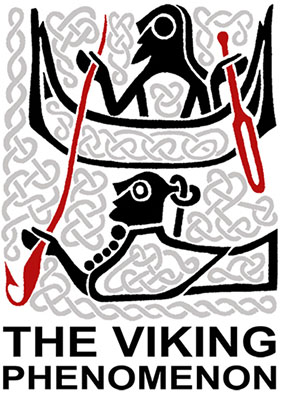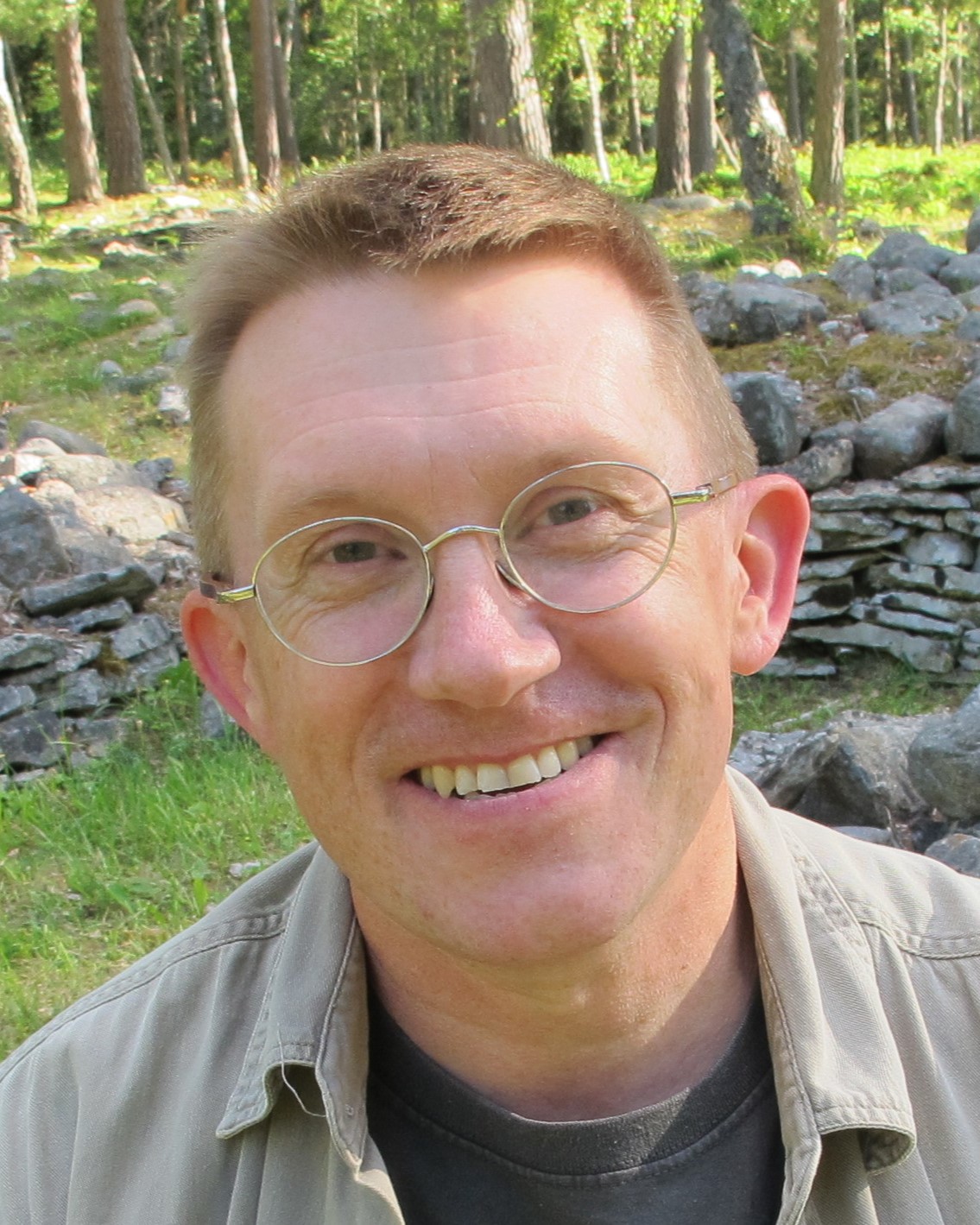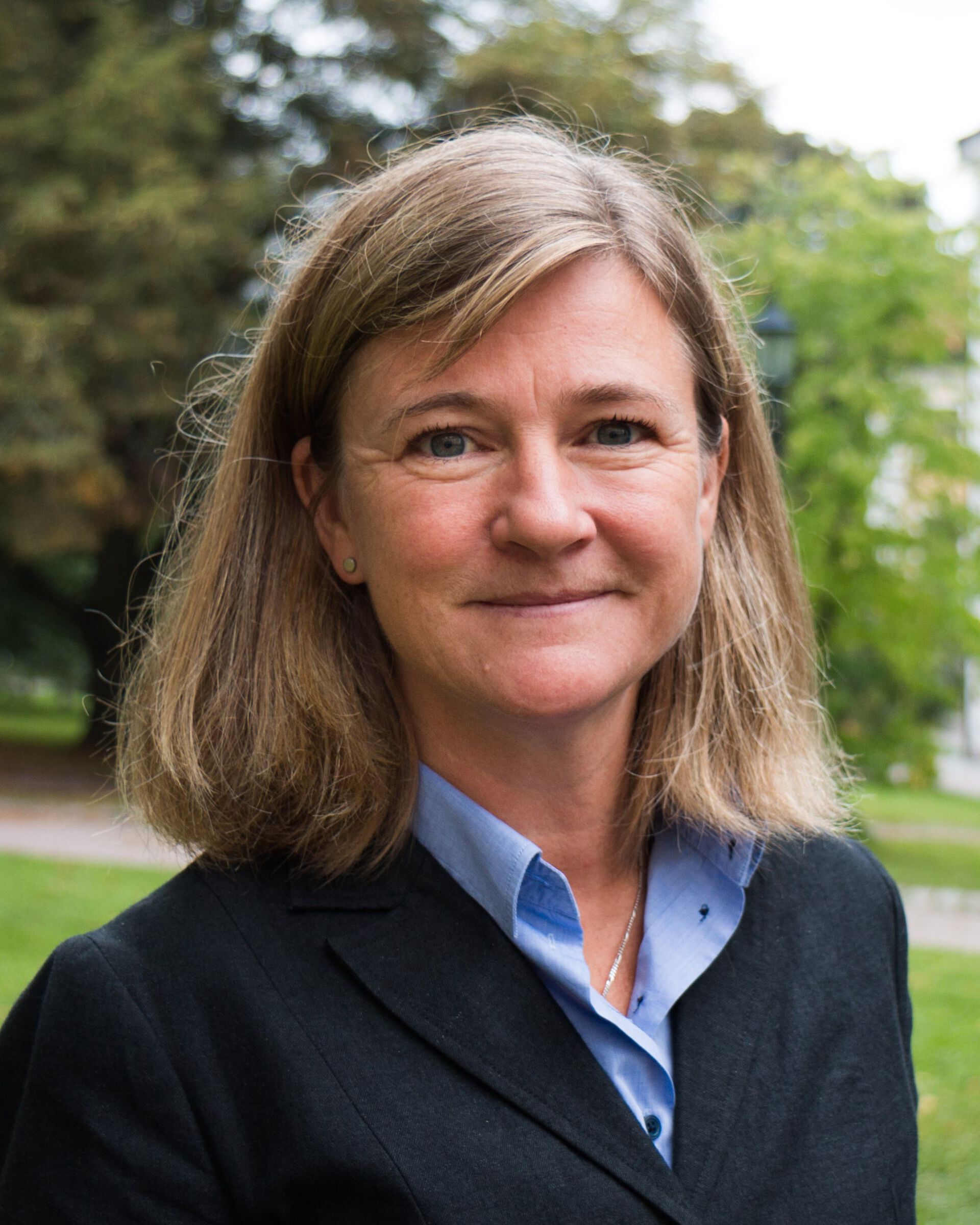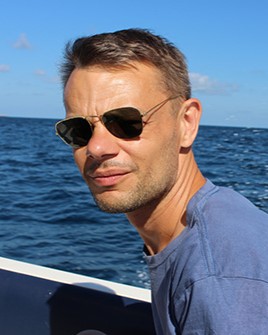In conjunction with the research programme of the same name, this course aims to explore the ‘Viking phenomenon’ in every sense of the term. The primary (but non-exclusive) focus will be on the start of the so-called Viking Age: why and how did it begin, why then, and are we justified in making such a division of the distant past? A deep time perspective is encouraged, spanning the whole of the late Iron Age and also the breadth of what would become the Viking diaspora. We examine ideologies and world-views, ritual and mortuary behaviour, and also focus on the many facets of ‘Viking economics’, essentially the social underpinnings of ‘Viking-ness’ that include demographics, infrastructure, martial organisation, systems of enslavement, and more. Environmental issues, and the human impact on natural resources, are also relevant. Contributions making a close engagement with material culture are especially encouraged, but in general we do not wish to place restrictions on how the PhD students approach these issues in their research. A second theme of the course, and the project, relates to matters of reception and legacy, the complex entanglements of how the people of the Viking Age are viewed today by their many and varied publics, and not least how the academic community can or should relate to them. Although the course is obviously focusing on the Scandinavian late Iron Age, its themes are also relevant to researchers exploring issues of historiography and the construction of chronological markers in the study of the past, as well as deconstructions of societal change.
Background

In 2015, the Swedish Research Council awarded a 50m SEK grant within their Distinguished Professor programme to fund a major research project on the theme of The Viking Phenomenon. Based at Uppsala University and directed by Neil Price, together with the two co-organisers of this course, the project commenced in 2016 and will run until the end of 2025. Its primary objective is to explore the origins of what is generally known as the Viking Age, c.750-1050 CE, with a long time-depth into the preceding centuries and a comparative perspective. At the same time, the project name has a different sense, in acknowledging and deconstructing the complex legacies of the ‘Vikings’ today. Over the eight years of the project’s operations, several dozen scholars have joined us on a rolling basis for individual research endeavours, international workshops, lectures and seminars. In June 2023, the same team was awarded a further 30m SEK from the Swedish Research Council as part of their investment in Centres of Excellence. Beginning in 2024, the Uppsala Research Centre for the World in the Viking Age (WiVA, pronounced ‘weaver’) will commence operations. The WiVA Centre will host new projects; appoint twenty International Visiting Researchers; advertise four two- and three-year early career researcher positions; run seminar series and workshops; and launch a new interdisciplinary MA programme in Viking Studies, alongside generally consolidating the university’s provision of education on the Scandinavian late Iron Age. As with the Viking Phenomenon, this will be combined with public outreach programmes. In the final two years of the Viking Phenomenon project, now unexpectedly but fortunately combined with the larger umbrella of the WiVA Centre, it makes perfect sense for us to offer a DialPast course on the project themes. As well as further integrating our work with the younger generation of upcoming scholars, we also invite them to challenge, debate, and expand upon it, taking Viking studies in new directions.
Course Work
The course will comprise both seminars and lectures. Prior to the course, each PhD Fellow will prepare a paper (10 pages, Times New Roman 12, spacing 1,5) addressing their research project in relation to the course theme and reading lists. All the papers will be pre-circulated within the group.
During the course, each paper will be allotted approximately 45 minutes, beginning with a 15-minute summary and presentation by the paper author. Another PhD Fellow, assigned beforehand, will serve as a discussant and provide comments for roughly 10 minutes. Following this, the assigned discussant will facilitate and chair an open discussion on the paper for approximately 20 minutes.
The participating lecturers will each deliver a keynote lecture during the course and also actively engage in discussions of the PhD Fellow's submitted papers. The PhD participants are expected to read the literature to each keynote lecture, approximate 1000 pages in total. The seminar days will be thoughtfully structured to provide sufficient time for stimulating debates, networking opportunities, and a fieldt trip to a destination pertinent to the course topic.
Course organisors
 |
 |
 |
|---|---|---|
|
|
|
Lecturers
- Professor Neil Price (Uppsala University)
- Dr Charlotte Hedenstierna-Jonson (Uppsala University)
- Dr John Ljungkvist (Uppsala University)
- Dr Sophie Bønding (Stockholm University)
- Dr Peter Pentz (National Museum of Denmark)
- Professor Anna Wessman (University of Bergen)
Deadlines
- Registration deadline: 1st August 2024
- Paper submission deadline: 20th September 2024
Credits
- 5 ECTS
Location, Travel, and Costs
This course is funded by the research project The Viking Phenomenon and organised by Dialogues with the Past (DIALPAST). The Viking Phenomenon and DIALPAST will finance and arrange accommodation, a welcome dinner, and supply lunch during the course week for all participating PhD candidates who are part of the Dialogues with the Past Network. Two and two PhD students will be accommodated in twin rooms.
The PhD candidates will have to arrange and finance travel to and within Athens as well as dinners during the course week (except for the welcome dinner). If you are in the DIALPAST network and do not have travel funding to cover these costs, please get in touch with oliver.reiersen@iakh.uio.no.
Inquiries about practical matters regarding course organisation should also be sent to oliver.reiersen@iakh.uio.no.
Registration
Registration deadline: 1st August 2024
